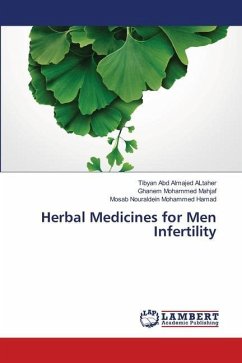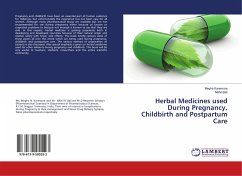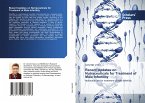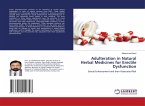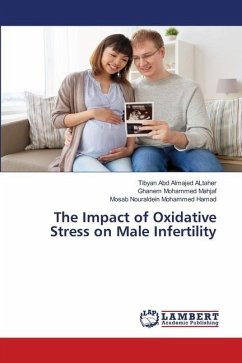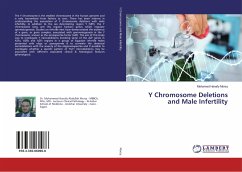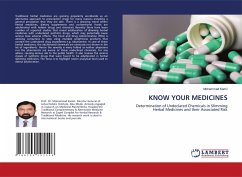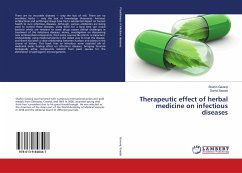Infertility is a disease of the reproductive system. It makes a person unable to have children. It can affect a man, a woman, or both. Male infertility means that a man has a problem with his reproductive system. It means you cannot start a pregnancy with your female partner. Since they haven't been able to produce a child despite engaging in frequent, unprotected sexual activity for a year or longer, nearly one in seven couples are infertile. Up to half of these partners are affected to some extent by male infertility. Low sperm production, abnormal sperm function, or obstructions that impede sperm delivery can all contribute to male infertility. Male infertility may be brought on by illnesses, accidents, chronic health issues, lifestyle decisions, and other factors. Male infertility is a condition that can be stressful and upsetting, but there are several treatments available. Male infertility is the primary health issue with economic, psychological, and medical attributions. Moreover, it is characterized by an inability to produce a sufficient amount of sperm for the fertilization of an oocyte. Dietary nutrients (DN) have a great effect on male reproductive potential.

